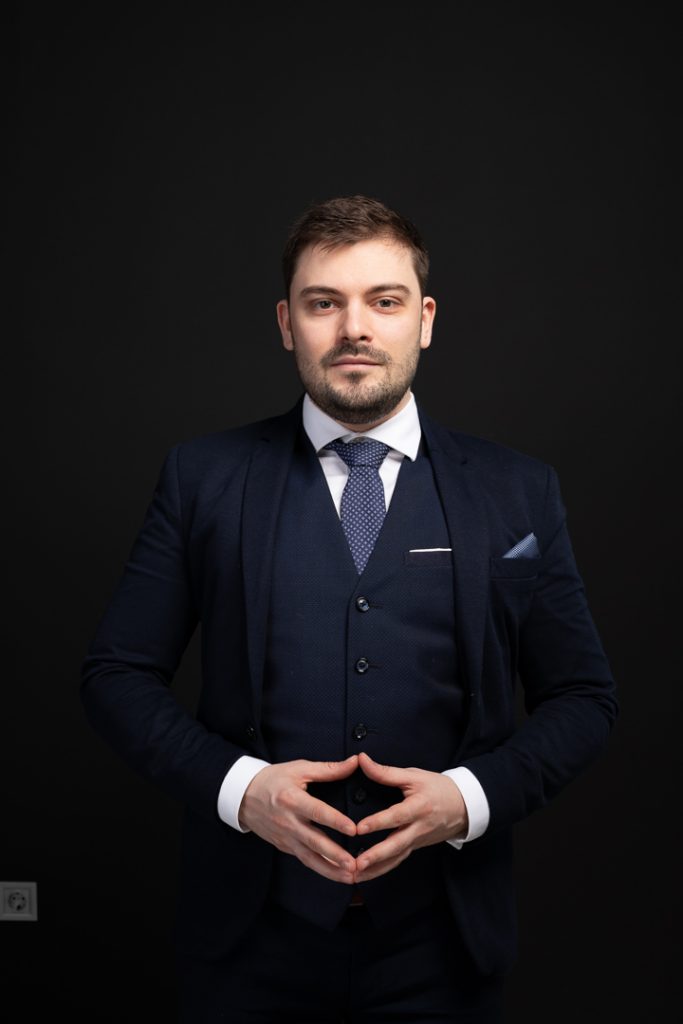Shift your focus. Crises can be great opportunities for the prepared minds
We spoke with Tony Lux who is the CEO and founder of the company of the same name, inventor of Marketing Luxury Goods the French Way. After a decade of studying the French luxury brands, he does teach and consult on how to grow businesses using French Way secrets. As a Diplomacy & Commerce reader, Tony is offering you a complimentary resource to make your next big idea successful.
Visit www.tonylux.com/gift to claim it now.

What is the biggest business communication mistake you noticed during the pandemics?
In any market, having a strong brand is more important than short term sales. Unfortunately, many brands have decided to reduce their prices to boost sales. Sure, you could make more money short term with a promotion. But long term, it weakens the brand. You will never see a 50% discount on a Rolex simply because Rolex is a powerful brand. And powerful brands do not need discounts…
During emergency times, we often make similar emotional decisions instead of data driven decisions. We sacrifice long term gratification (a strong brand) for short term benefits (immediate sales). Yet, data shows how powerful it is to stick to one long term core message no matter what. That is how Montblanc became so strong and famous, by focusing their communication on their “writing instruments” concept. Only decades, later on, did they expand their brand. The best things always need time, including brand building.
Many economists are predicting a massive economical crisis. Which marketing philosophy do you recommend to stay profitable during uncertain times?
Shift your focus. Crises can be great opportunities for the prepared minds. At the beginning of the Great Depression, the legendary Coco Chanel saw her industry dangerously exposed. Paul Poiret, her biggest competitor, was forced to close his fashion house hit by the stock market crash and depression.
What would have you done? Instead of slowing down, Chanel created perhaps her boldest exposition: her first and only high jewelry collection. To reduce the costs, she made a deal with the Universal Alliance of Diamond Workers. The stones would be provided by the Alliance, reducing her risk to (almost) zero.
Her genius was to understand the long term consequences of such an event on her brand. Being featured in famous magazines, newspapers and interviews all around the world would be way more valuable than just selling more items that day. Her plan worked. She got free massive publicity. The international press, eager for news in a time of rare product launches, talked about it. It built even more what would become the Chanel legacy.
“Words can lose their exact meaning when translated, but powerful symbols are universal”

Do you think that digitization, which has accelerated during the crisis, is going to change consumer habits as well as brand communication?
Yes and no. Of course, we recently saw how practical and valuable it is to be able to order groceries, essential items or even books and clothes online – especially during lockdowns.
But when it comes to brand communication, buyers are humans, online or offline. Therefore,
all psychologically based laws of marketing are universal. Well… as long as we are selling to humans and not robots!
A brand is a brand. Take any powerful brand today: Coca-Cola, Apple, Tesla… What do they have in common? Their brand has the same identity online and offline.
The biggest issue is not digitalization. It allowed brands to become global, international brands. Borders do not exist online. Because of that, the real challenge for this century is the language issue. To make sure your brand identity can be understood in many languages, all around the world. One sure way to do it is to use visual symbols instead of words. Words can lose their exact meaning when translated, but powerful symbols are universal.
How do you see the future of business and marketing post-pandemic? Will the offline business world be replaced?
When the TV appeared people said the radio is going to die. When the digital books appeared people said the book industry is going to die. However, both industries are still standing.
Moreover, digitalization can not replace the closeness of personal meetings. I believe the future of marketing belongs to those able to simplify the buying process using technology (online) and increase the quality of the relationship (offline) because the best bounds are made in person.
If you do that, you have the best of both worlds. Technology should not replace humanity but support it.